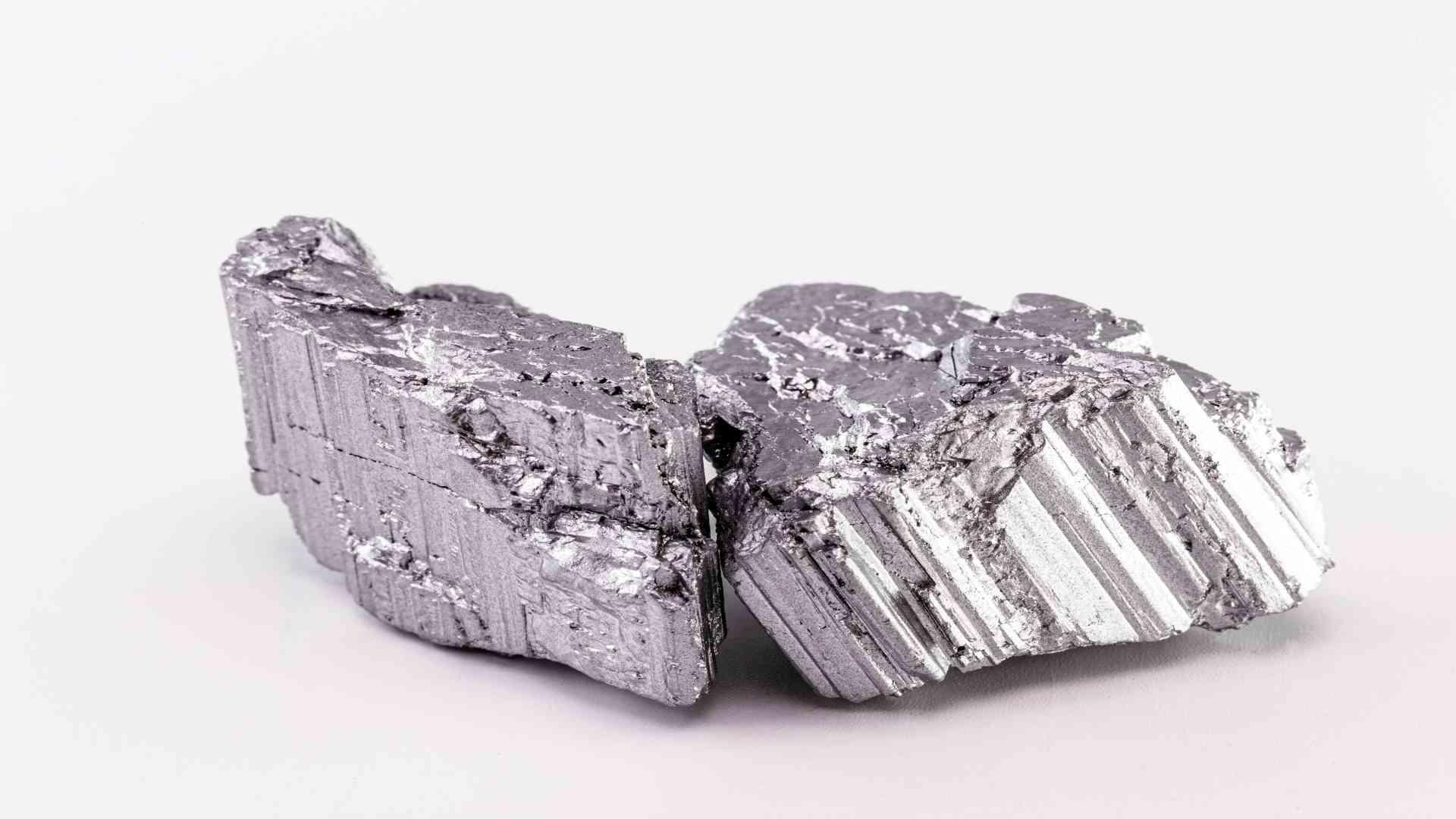India Approves Major Investment to Boost Rare Earth Permanent Magnet Production, Aiming to Reduce Dependence on China
Author
NEPSE TRADING

The government of India has approved a major plan worth more than USD 800 million to expand domestic production of Rare Earth Permanent Magnets (REPM), a crucial input used across high-technology industries. The move is aimed at reducing the country’s increasing dependence on China and other external suppliers, while strengthening long-term supply security in strategic sectors.
REPM, made from alloys of rare earth elements, is a key component in electric vehicles, aerospace systems, defense technology, wind turbines, and various renewable energy applications. India currently fulfills most of its demand through imports, but government projections show that national requirements for REPM could double by 2030. This rising demand, coupled with supply concerns, prompted the government to accelerate domestic production initiatives.
The Union Cabinet, chaired by Prime Minister Narendra Modi, approved an ambitious production-linked plan worth INR 7,280 crore (approximately USD 815 million). According to the official statement, the initiative aims to “secure the supply chain of domestic industries and build long-term self-reliance.”
The new policy includes direct incentives and subsidies linked to manufacturing output. The government expects the program to support the establishment of an annual production capacity of around 6,000 metric tons of REPM—a scale that would mark India’s first integrated national-level production base for these advanced magnets. Officials say this will help position India as a competitive and influential player in the global REPM market.
Industry stakeholders have welcomed the decision enthusiastically. The Automotive Component Manufacturers Association of India (ACMA) stated that the plan would significantly strengthen the long-term resilience of India’s automotive supply chain. ACMA president Vikram Pawar Singhania emphasized that the initiative would attract investment in advanced materials and establish India firmly within the global value chain for electric mobility and clean energy technologies.
He described the initiative as a “strategic and forward-looking intervention” addressing one of the most critical shortages in the EV and advanced mobility ecosystem.
India’s REPM imports come from various countries, but China’s tightening of export controls earlier this year triggered concerns among Indian industries about future supply disruptions. In this context, the government’s decision is being seen as a major step toward reducing vulnerability and ensuring stable access to essential raw materials for the country’s fast-growing high-tech sectors.



